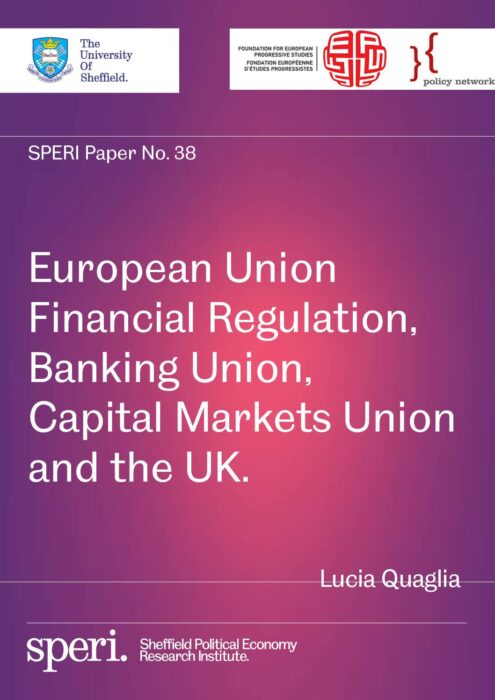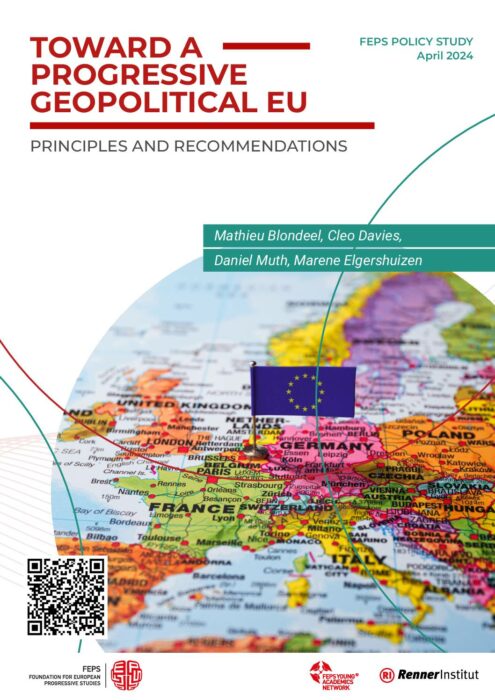Network
Find all related publications
Publications
Find all related Progressive Post
Progressive Post
Find all related events
Events
Upcoming
Past
Find all related news
News
Find all related in the media
In the media
In an article in Delo, László Andor criticises Viktor Orbán government's economic policies, such as not allowing Hungary to join the euro area, which he believes would have helped curb inflation. He also criticises the government for blaming external enemies such as the President of the European Commission, to cover up its own failures.
















